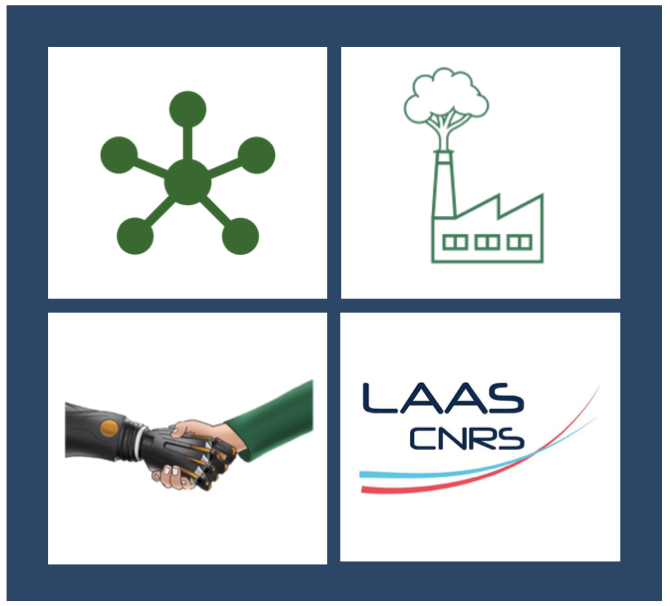Smart Factories

The name “Smart Factories” refers to as a paradigm that advocates the complete integration of the production process, from design to manufacturing, and its supply chain in a single collaborative system, able to respond almost instantly to fluctuations in demand, user needs or logistics.
It is a field of research in its own right, nationally and internationally well-recognized. It is also an important socio-economic subject for all the Regions, particularly in Occitanie, where political decision-makers are mobilized with other local, institutional and academic actors, to accelerate the transition of SMEs-SMIs-ETIs toward the industry of the future.
The Industry of the Future involves a variety of technologies, advanced methods and algorithms that are able to increase the organizational efficiency of the factories. All these features need to be digitally integrated, in a global manner, taking simultaneously into account the aspects related to the design of the products, their manufacture, their maintenance, their recycling, the management of their supply chain, as well as the economic, environmental and social sustainability criteria. Many of the technological pillars of the industry of the future are already studied at LAAS-CNRS, most often in other application contexts:
- integrated communicating sensors;
- autonomous and collaborative robotics;
- connected portable devices;
- internet of things;
- artificial intelligence, dependability;
- cyber security;
- optimization of production, maintenance, logistics;
- additive manufacturing.
The lab therefore masters the various skills allowing to design innovative digital integration approaches.
The "Smart Factories" axis aims to encourage transdisciplinarity by federating the skills of research departments and teams around this theme. Beyond that, it will defend an ethical vision of the industry of the future being economically viable and more respectful of the environment and people. Another ambition is to contribute to the virtuous cycle of research-training-innovation. These ambitions are broken down into 3 objectives:
- share within the laboratory a common vision of the industry of the future and identify the links with existing research;
- detect synergies, prioritize and support them to lead to the implementation of prototypes and technological bricks, which can be capitalized and reused;
- integrate the bricks into demonstrators, taking advantage of laboratory facilities, or other available technological platforms, such as the learning-factory demonstrator of the Maison de la Formation Jacqueline Auriol.
Prototype maturation will be supported thanks to the genesis of national and European projects, in collaboration with other European labs, experts in this field.
